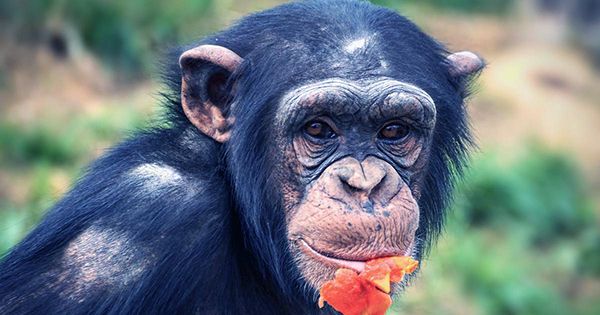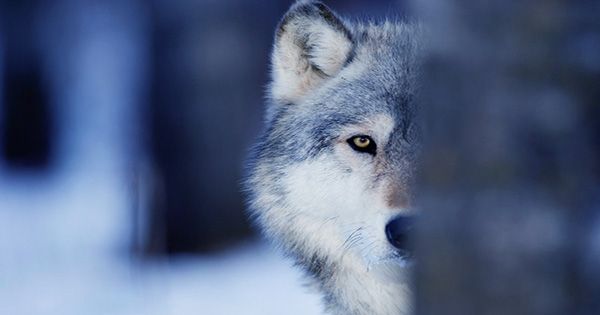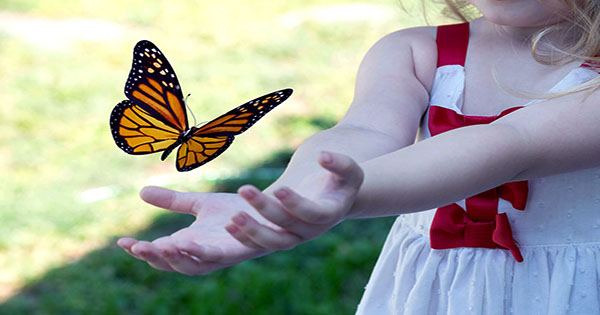Most wild chimpanzees will continue to try to help each other free and will set aside group conflicts when they feel threatened, according to two research papers published simultaneously. One of the studies also looked at different levels of compassion between chimpanzee groups. Among our great ape cousins, chimpanzees often seem like bad family members. The orangutans are peaceful introverts, not bonobos lover warriors, and even gorillas are lighter than their terrifying reputations. Chimpanzees, on the other hand, are capable of cruelty, which reminds us of our own power to oppress. However, new research has shown that chimps have better aspects.
Dr. Edwin van Leeuwen of the University of St Andrews placed a juice fountain in a chimpanzee sanctuary in Zambia, pressing a button to activate it at a distance so that the pressed app could not drink. When the fountain tied so that no chimpanzee could reach it, some chimpanzees would occasionally press a button, probably out of curiosity. However, their activity increased dramatically when other chimps had access to the juice. In addition, the apps spent more time pressing the button the experiments went on, but only when others could benefit.
In science advances, Van Leeuwen and co-authors point out the big differences between the three chimpanzee groups that were able to take part in the experiment. The members of one group spent a lot of time giving sweet refreshments to the other, with the third in the other group contributing almost nothing to their pack-mate welfare. The fourth group never learned how to press the button and removed from the study for stupidity. Although the smallest groups helped each other the most, the largest came second, undermining the notion that animals are smaller, more closely related, more likely to care for each other in packs. Instead kindness seems to be a culturally transmitted trait by some chimpanzee populations rather than unfair.
Magic Juice Fountains On the one hand, sanctuary conditions are closer to the chimpanzee’s natural habitat than the laboratory or zoo, so it should give a real insight into the behavior of wild chimpanzees. The question of whether chimpanzees are “pro-society” (helping each other with nothing in return) has been widely debated. Chimpanzees have received many reports of selflessly helping each other, for example by crossing tools and even assisting researchers. Nonetheless, research concludes on whether cage chimps will provide food in other cages; “Chimpanzees are indifferent to the welfare of others.” This debate considered important to shed light on the source of humanity’s power for philanthropy.
In another study from Kyoto University, Masters Student James Brooks found that chimpanzees showed signs of stress when they played chimps sounds outside their group, instead of hearing crows. Instead of expressing these concerns to each other, Brooks expressed in Plus 1, that despite having inadequate food arrangements, the Apes became physically closer and fought among themselves. Those who heard the strange chimpanzee call played more while feeding and decorated each other more at the beginning – perhaps they understood that if they came to fight, their families would have to stay together.
“Despite the importance of understanding how people can cooperate with them as a group and still carry out extreme external aggression, there has not been much study on whether these behaviors occur among human beings,” Brooks said in a statement. Researchers are now conducting similar studies on bonobos, who, unlike chimpanzees, should not be too afraid of non-troop members of their own species.
















